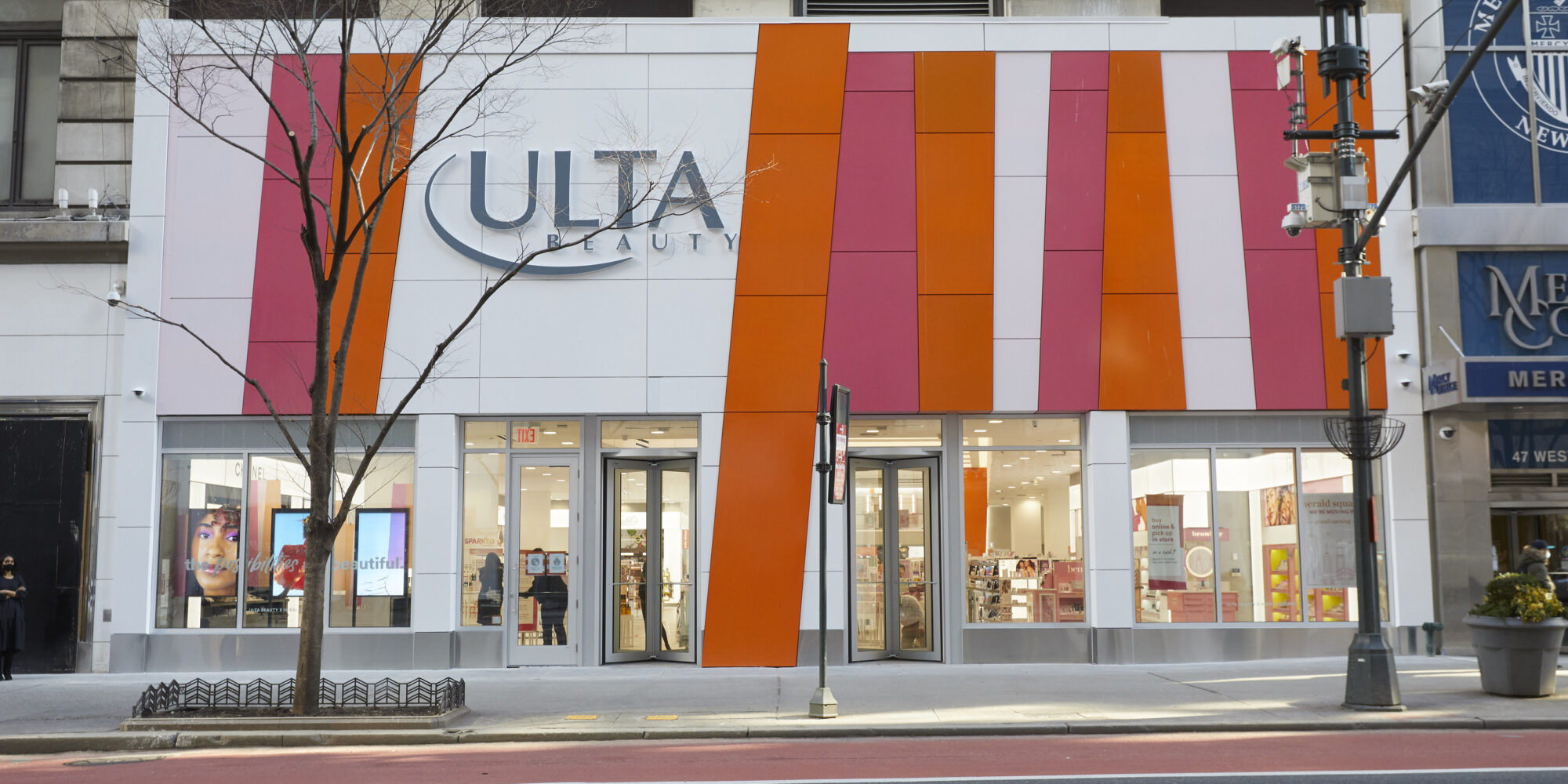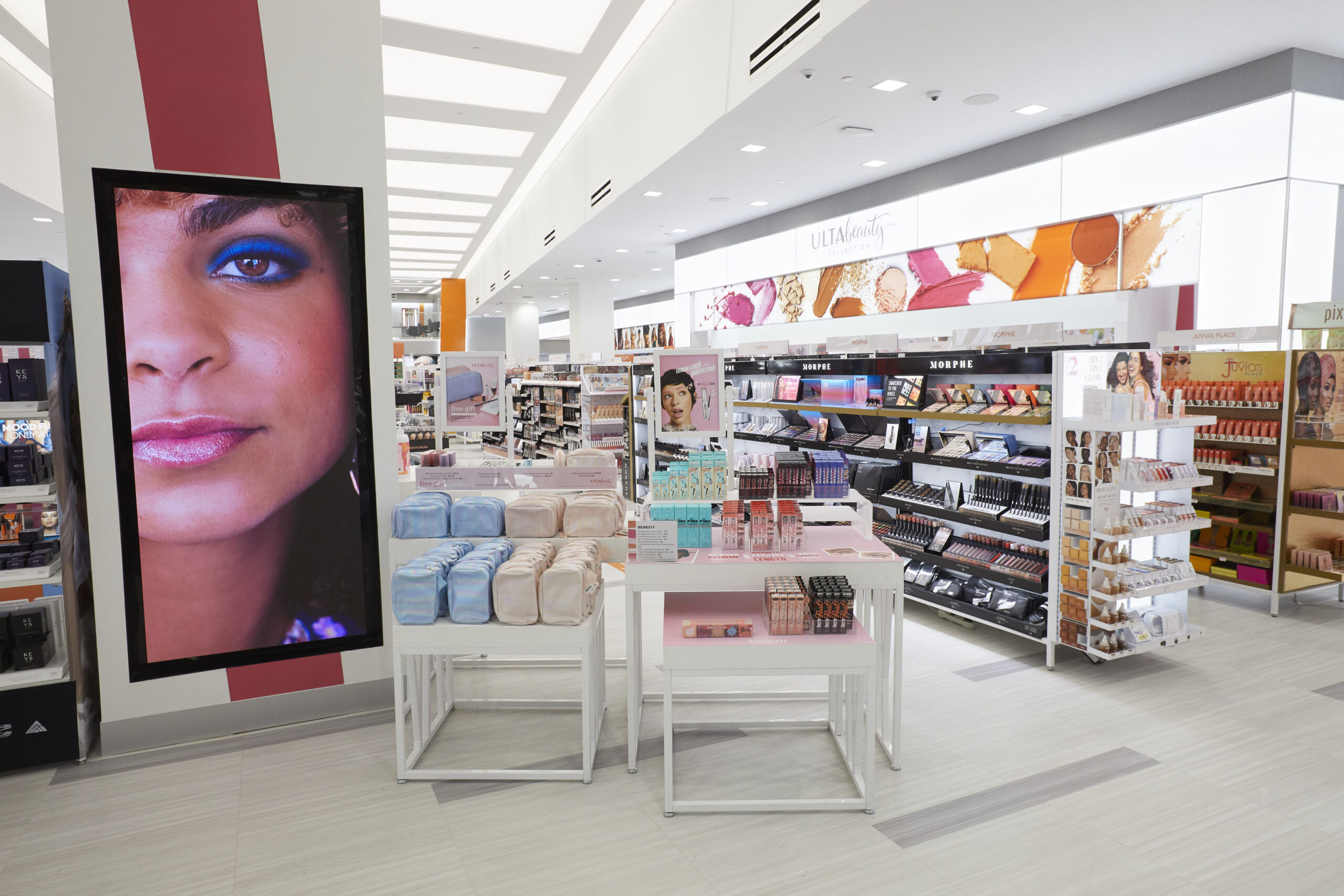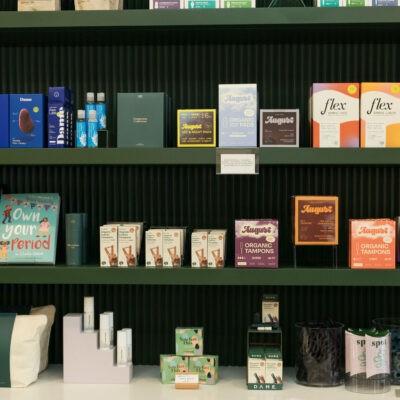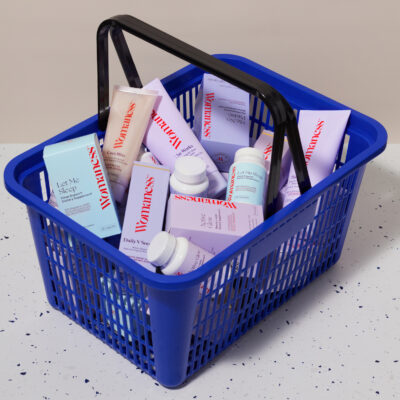
Ulta Beauty Introduces Stricter Return Policy Ahead Of Holiday Shopping Season
Ulta Beauty has rolled out a stricter return policy as the beauty specialty retailer moves to safeguard its bottom line heading into the holiday season.
Effective Nov. 3, Ulta customers have 30 days from the time of purchase to return new or gently used products for a full refund. Returns made between 31 and 60 days from purchase are eligible for a merchandise credit. All returns require proof of purchase. Previously, customers had 60 days from the date of purchase to return items for a full refund.
In a statement to Beauty Independent, an Ulta spokesperson says, “Our data shows that nearly 90% of our guests already make returns within a 30-day window and almost all of our guests make returns within a 60-day window, so our new policy should be a seamless transition.”
Ulta’s updated return policy brings it in line with Sephora and Amazon, which both have 30-day return windows. Combined, the retailers have made a dent in Ulta’s prestige market share this year as Sephora continues to open shop-in-shops within Kohl’s department stores in off-mall locations that neighbor Ulta stores, and Amazon busily onboards prestige brands like Clinique, Smashbox, Too Faced and Lancôme. Walmart and Target have looser beauty return policies with 90-day windows for opened or unopened beauty products.
For Amazon and Sephora, the ease of returns is a bigger selling proposition than at Ulta or least that’s what a recent survey of 8,000 consumers by Prosper Insights & Analytics indicates. The data resource asked people why they shop at Ulta and hassle-free returns ranked below selection and price. Specifically, 10.2% of consumers identified Ulta’s return policy as the primary reason they shopped at the retailer, 65% of consumers identified selection, and 45.6% identified price as leading reasons for patronizing Ulta. Comparatively, 8.9% of Sephora customers shop the beauty specialty retailer for their hassle-free return policy, and 14.9% of Amazon customers prioritize returns.
Still, to mitigate any potential pushback from the stricter return policy, Ulta is allowing purchases made between Nov. 1 and Dec. 31 to be eligible for return until Jan. 31. Purchases made during the holiday shopping season have to be returned within 30 days to receive a full refund, though. For returns made after 30 days, customers can receive merchandise credits for in-store purchases or e-gift cards for online purchases until Jan. 31.

While Neil Saunders, managing director of retail at market insights firm GlobalData, describes Ulta as a “very solid business,” he surmises the return policy change is indicative of the financial pressure it’s under. Ulta’s same-store sales dropped 1.2% in the second quarter, and its gross margin decreased 100 basis points to 38.3% as a percentage of net sales. For the full year, Ulta is anticipating sales to remain flat or slightly decline compared to 2023’s performance.
“There is a sense that the boom days of beauty growth are behind it,” says Saunders. “Better results now require more tinkering and reengineering of operations. Ulta will be looking at things like returns and figuring out how it can protect the bottom line more.”
He adds that it makes sense for Ulta to implement the new return policy in advance of the holiday shopping season considering that returns tend to surge pre- and post-Christmas. “This may not go down very well with customers,” cautions Saunders. “Customers generally dislike changes that are not in their favor, especially when they want more flexibility over returns during the holidays. This may dissuade some shoppers from using Ulta, but I think this will only be marginal.”
Tatiana Ferriera, founder and CEO of brand advisory firm HarmonIQ and former SVP of Neiman Marcus Group, figures that implementing a longer return period over the holidays could help smooth the execution of the new policy. She says, “Cost savings will far outweigh any pushback, and by avoiding a drastic shift, Ulta also prevents turning off loyal shoppers who might otherwise walk away if the change felt extreme.”
Absorbing the cost of returns is a major pain point for large retailers. According to a report published by retail trade organization National Retail Federation and loss prevention software company Appriss Retail, the cost of returns in 2023 totaled $743 billion or 14.5% of the retail industry’s sales. The report states that an average retailer incurs about $145 million in returns for every $1 billion in merchandise it sells, with return rates affecting online sales more heavily than brick-and-mortar sales at 17.6% versus 10.02%.
Consumers typically return beauty products at lower rates than products in some other merchandise categories. In 2020, the NRF estimated the return rate for beauty was 4.3%. The same year, the apparel return rate was much higher, at 12.2%, but hard goods and pharmacy staples had lower return rates, at 3.8% and 1.6%, respectively.
Customers on Reddit commented on the implications of Ulta’s updated return policy before it was put in place. A user with the handle sliceofpizzaplz wrote, “Am I the only one not upset about this? I usually know the first few times I use a product if it’s not going to work and I’ll return it within a week or two. 30 days is plenty of time.”
Another user with the handle octoberleaves13 responded, “I have no complaints. I think the timing was bad to start the new return policy. That’s all companies putting pressure on the employees during the holidays. If it wasn’t for the employees their companies wouldn’t exist.”





Leave a Reply
You must be logged in to post a comment.